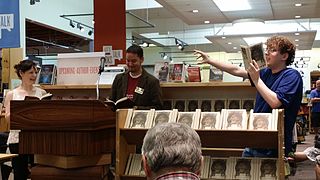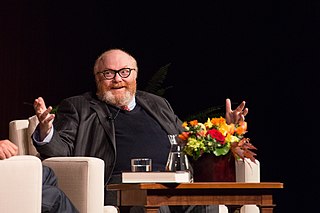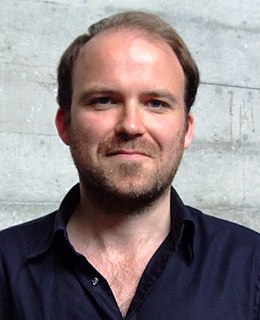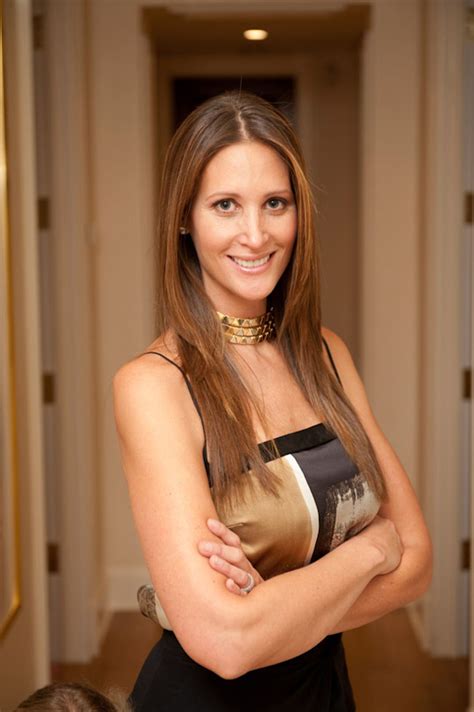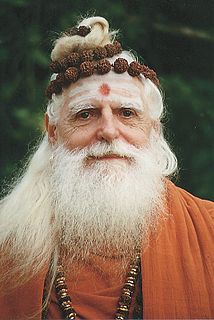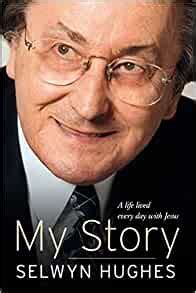A Quote by Eloisa James
I didn't realize you needed a response. When Hamlet is giving a monologue, he just goes on and on by himself.
Related Quotes
Parents are never forgiven for not giving just the right response at the appropriate moment. Or, rather, there are particular times in the adolescent's or young adult's life, when a certain response is needed, and this need is not met, and the failure to meet this need is forever remembered, and is never forgiven.
Prayer is not a monologue. It speaks to God and to the community. In the last analysis, religion is not what goes on inside a soul. It is what goes on in the world, between people, between us and God. To trap faith in a monologue, and pretend that it resides solely inside the self, undermines the true interchange of all belief.
Compassion goes on giving, but knows no feeling of giving, knows no feeling that "I am the giver." And then existence goes on responding in thousands of ways. You give a little love and from everywhere love starts flowing. The man of compassion is not trying to snatch anything away, he is not greedy. He does not wait for the return, he goes on giving. He goes on getting too, but that is not in his mind.
It was reading Hamlet that ruined the concept of authenticity for me, not because Hamlet lacked existentialist credentials himself - indeed, as an earlier discontented Dane, he could be said to have laid the ground for Kierkegaard - but because the line 'to thine own self be true' was spoken by that humourless old ninny, Polonius.
The law of giving and receiving is fundamental, and relates just as much to God as it does to us. As we go through the door of giving ourselves to God in worship we find that God comes through that same door and gives Himself to us. God's insistence that we worship Him is not really a demand at all but an offer-an offer to share Himself with us. When God asks us to worship Him, He is asking us to fulfill the deepest longing in Himself, which is His passionate desire to give Himself to us. It is what Martin Luther called "the joyful exchange."



